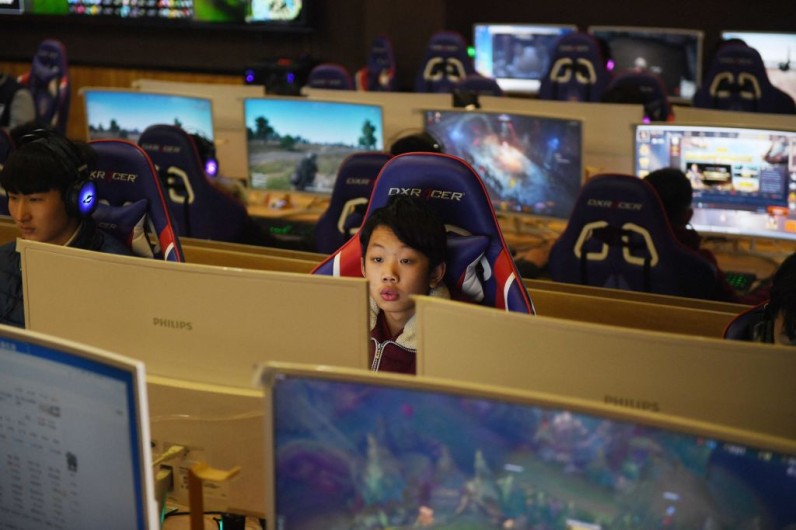China's abrupt announcement of draft rules aimed at curbing spending in online games and restricting incentives that encourage prolonged online engagement resulted in an $80 billion market selloff, sending shockwaves through major gaming companies.

China's Crackdown on Video Games
According to Business Insider, Chinese officials revealed the proposed regulations on Friday, catching investors off guard and resulting in a significant downturn in the market.
The rules specifically targeted limitations on gamers' expenditures and sought to curtail rewards that might encourage extended periods of online activity. The impact was immediately felt across the gaming industry, with Tencent, a major player in the sector, witnessing a staggering 16% drop in its share price.
On the other hand, its competitor NetEase experienced a record-breaking 28% decline, and shares of Bilibili, a popular social media service among gamers, plummeted by 14%. Bloomberg's calculations estimate that these three companies collectively lost over $80 billion in market value on the day of the announcement.
READ ALSO : China, Russia Boast Bilateral Trade at 'All-Time High' Despite Sanctions From the US and Its Allies
Fear of Resurgence
The repercussions extended beyond China's borders, as online games-related shares listed in the United States and Paris also experienced declines in response to the news.
The sudden regulatory move raised concerns among investors, who feared a resurgence of the stringent regulatory measures imposed on the tech sector, which started in late 2020 and lasted until mid-2023.
However, the regulator responsible for the announcement, China's National Press and Publication Administration, appeared to backtrack on its initial stance pretty quickly.
Seeking to reassure the industry, the regulator issued a notice on Saturday indicating its intention to carefully study the industry's response and enhance the draft rules.
On Monday, a noteworthy development indicated a potential softening of China's stance, as the regulator announced the approval of 105 new online games. This move is seen as a signal that Beijing might be easing its latest harsh restrictions on the gaming industry.
In an official WeChat statement, the regulator has emphasized its "active support for the development of online games," showcasing a potential shift in approach.







Join the Conversation